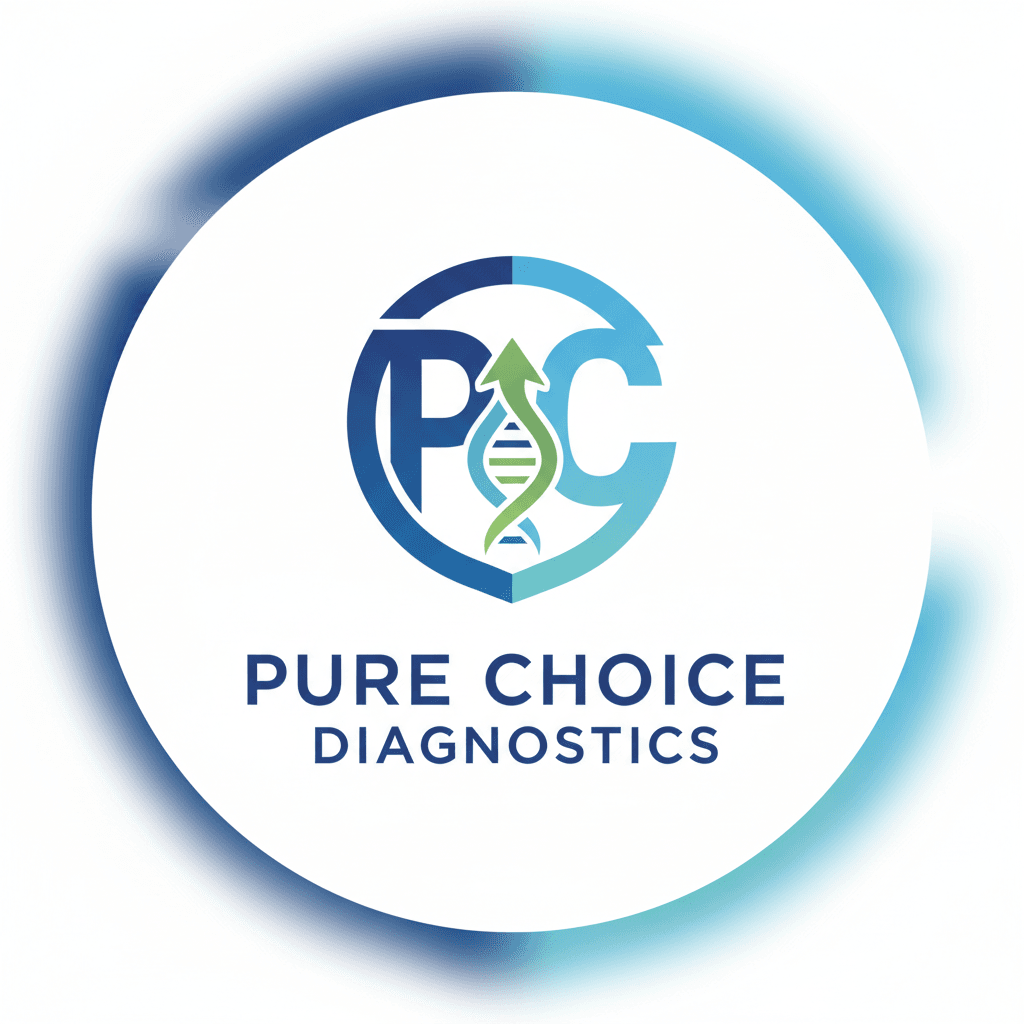Common Misconceptions About DNA Testing: Debunking Myths
Understanding DNA Testing
DNA testing has become increasingly popular, offering insights into ancestry, health, and even personal traits. However, with its rise in popularity, several misconceptions have emerged. It's important to differentiate fact from fiction to make informed decisions about DNA testing.

Myth 1: DNA Tests Are Infallible
A common misconception is that DNA tests are always 100% accurate. While these tests are highly reliable, no scientific test is without error. Factors such as sample contamination or rare genetic mutations can affect results. It's crucial to understand that while DNA testing provides valuable insights, it is not flawless.
Furthermore, the interpretation of DNA data can vary between different testing companies due to differences in their databases and algorithms. Thus, results might slightly differ if you take tests from different providers.
Myth 2: DNA Testing Compromises Privacy
Privacy concerns are prevalent when it comes to DNA testing. Many believe that by providing their genetic material, they are giving away sensitive personal information. Most reputable companies have strict privacy policies and allow you to control how your data is used. However, it’s essential to read and understand these policies before proceeding with a test.

Moreover, some services offer the option to anonymize your data or opt out of research studies. It's always recommended to choose a company that prioritizes data security and transparency.
Myth 3: DNA Testing Can Predict All Diseases
While DNA testing can identify genetic predispositions to certain conditions, it does not predict all diseases. Environmental factors, lifestyle choices, and other non-genetic elements play a significant role in health outcomes. Thus, a genetic predisposition does not guarantee the development of a condition.
It's crucial to use DNA testing as a tool for awareness rather than a definitive medical diagnosis. Consulting healthcare professionals for comprehensive advice is always beneficial.

Myth 4: Ancestry Results Are Completely Accurate
Another misconception is that ancestry DNA tests provide precise results about one's heritage. While they offer valuable insights into ancestral origins, results are estimations based on available data and population genetics. As databases grow and improve, so does the accuracy of these tests.
It's important to remember that ancestry results can sometimes challenge family narratives or lead to unexpected discoveries. Approach the information with an open mind and consider it as part of a broader understanding of heritage.
Conclusion
DNA testing is a powerful tool for personal discovery, yet it's essential to approach it with realistic expectations. By debunking these common myths, individuals can better appreciate the benefits and limitations of DNA testing. As the field continues to evolve, staying informed will help you make the most of what DNA insights have to offer.
